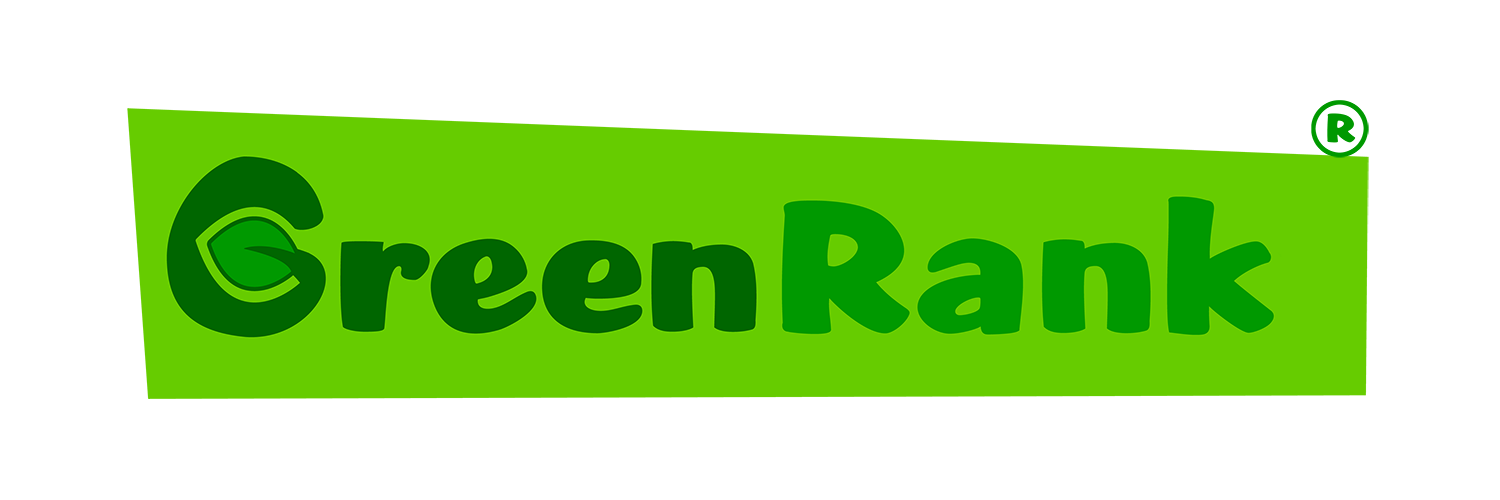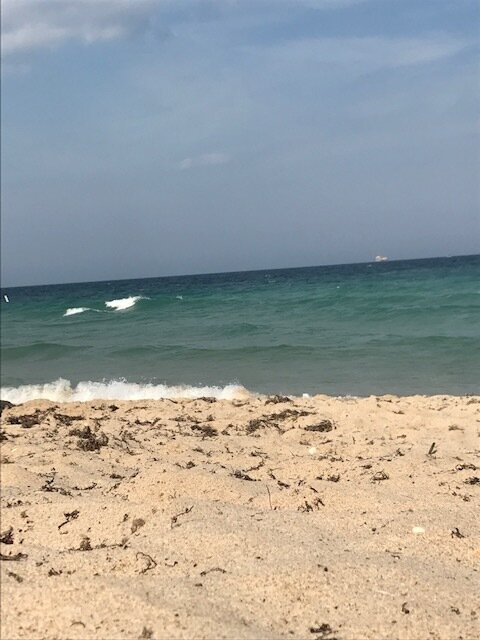Save Our Oceans
This month, our eBook: “Save Our Oceans” is launching in print! In celebration of this important event for the Green Rank family, we want to share some easy tips on how you can help save our oceans.
Our gardens – We all want beautiful gardens. However, chemical fertilizers we may use get into our water streams, help unhealthy algae bloom and kill good plants and animals that keep our waters clean. To avoid these harmful consequences, use natural fertilizers, or plant native plants, that have already adapted to the soil.
Our homes – Chemicals we use in our homes (in cleaning supplies, car maintenance, etc) can easily leak into our waters or drains. From there, they end up polluting large waterways. To keep clear from that, use plant-based supplies and ensure that you dispose of all chemicals appropriately.
Our pets – pets fecal matter ends up in storm drains and polluting our waters. This is why it’s important that we appropriately clean after our pets. In addition, it’s important that we use compostable bags to dispose of poop, as plastics end up in the oceans, killing the fishes.
Did you know?
According to the Environmental Protection Agency (EPA), U.S. pesticide usage totaled over 1.1 billion pounds annually and has seen a steady increase over the past 10 years.
At 1.1 billion tons used, the US is the US the largest user of pesticides. World pesticides use totaled nearly 6 billion pounds.
150 chemicals found in homes are connected to allergies, birth defects and cancers, according to the Consumer Protection Agency (CPA).
According to research published by Science magazine, over 8 million metric tons of plastic are thrown into the ocean every year.
The EPA estimates that fecal matter produced by 100 dogs in a weekend contains enough bacteria to temporarily close a bay to swimming or shell fishing.


